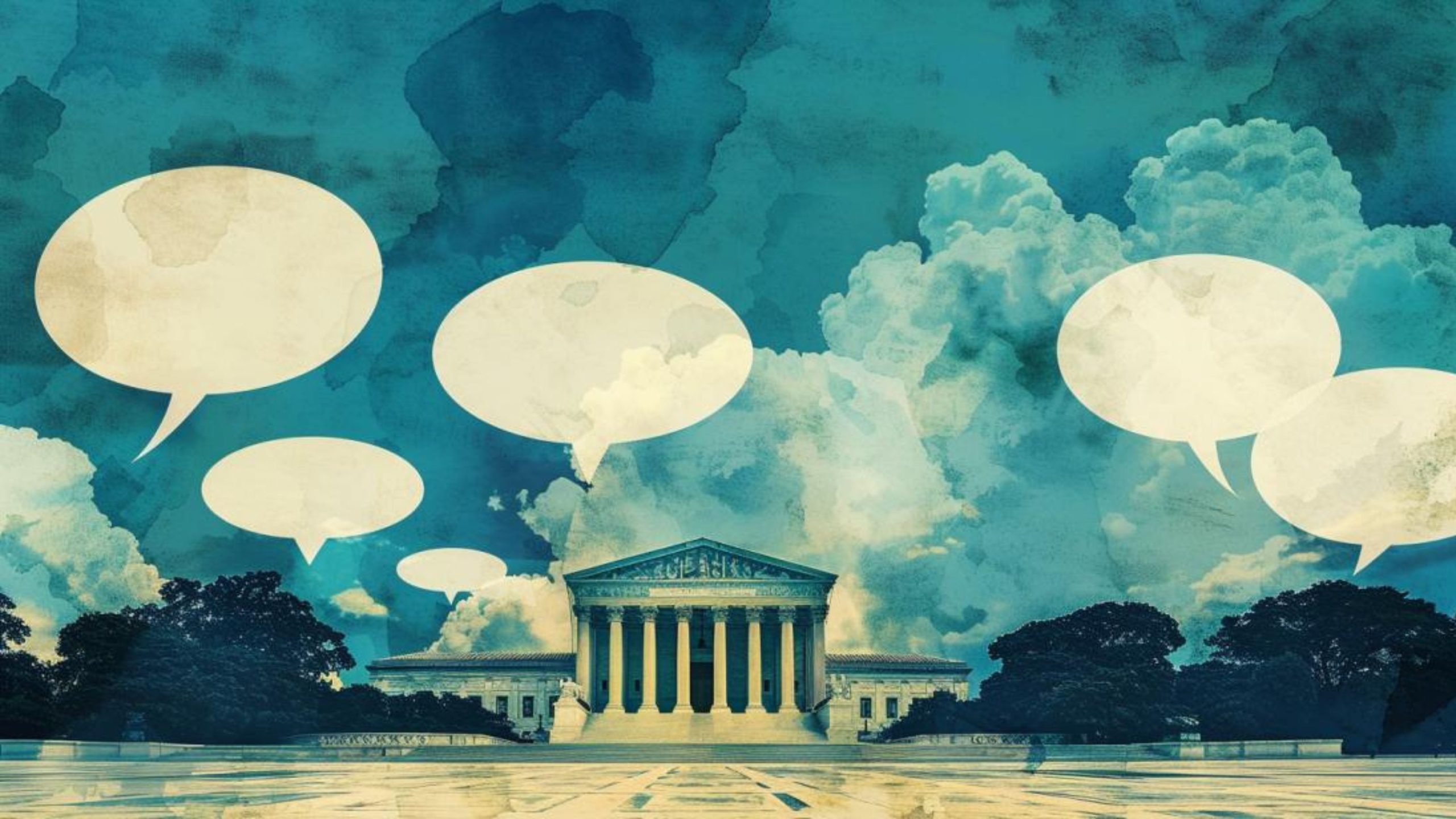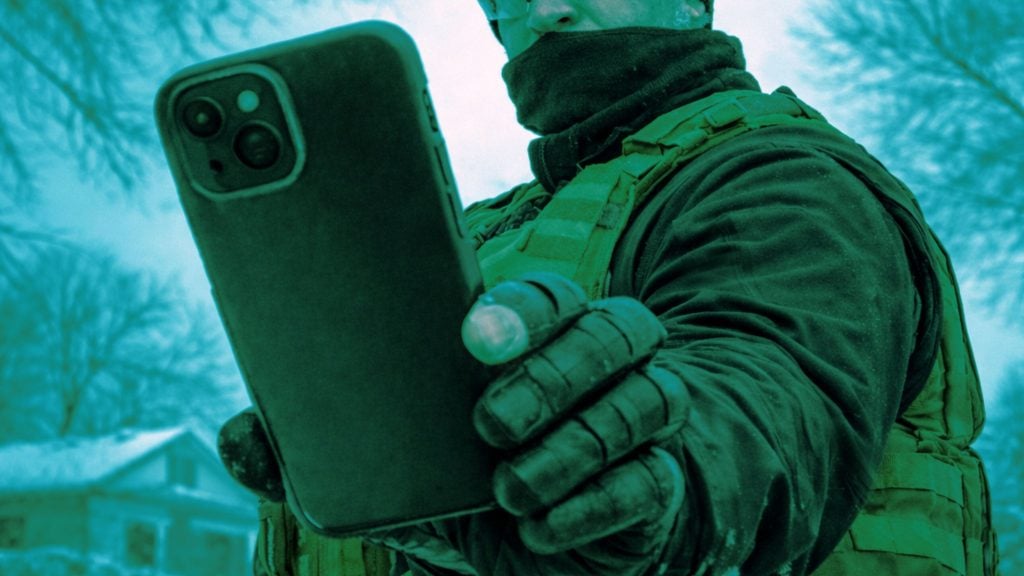US House Judiciary Committee Chairman Jim Jordan has reacted to Wednesday’s ruling by the Supreme Court (SCOTUS) in the Murthy v. Missouri case, to call for new legislation that would, going forward, reinforce the rules, already contained in the First Amendment, meant to protect citizens from government-orchestrated censorship.
Jordan, whose Committee is probing alleged government-Big Tech collusion in violation of the First Amendment through the Select Subcommittee on the Weaponization of the Federal Government, noted that the US Constitution’s First Amendment is “first for a reason.”
According to the Republican congressman, free speech that this amendment protects (from government intervention) should extend to any government infringement – be it in Congress, or online.
Jordan said that while respectfully disagreeing with the SCOTUS ruling the Committee’s own oversight “has shown the need for legislative reforms.”
Reclaim Your Digital Freedom.
Get unfiltered coverage of surveillance, censorship, and the technology threatening your civil liberties.
“While we respectfully disagree with the Court’s decision, our investigation has shown the need for legislative reforms, such as the Censorship Accountability Act, to better protect Americans harmed by the unconstitutional censorship-industrial complex,” Jordan wrote in a statement.
In other words, the increasingly pressing issue of how the government “interacts” with social platforms (because of their massive reach and therefore influence among the electorate) should be put into the hands of courts and their interpretations based on new and clear legislation to guide those decisions.
The Judiciary Committee chairman mentioned the Censorship Accountability Act – a bill that would let citizens launch legal action against federal employees suspected of colluding to suppress free speech.
Regardless of the SCOTUS decision, Jordan pledged that the Committee’s “important work will continue” – stating that the Subcommittee’s thus far “uncovered how and the extent to which the Biden Administration engaged in a censorship campaign in violation of the First Amendment.”
Murthy v. Missouri – which sought to give the plaintiffs the right to pursue their legal case against the government, alleging it pressured social media to censor online user content, was thrown out by the Supreme Court in a 6-3 ruling as “lacking standing to sue.”
At the same time, the court canceled – at a particularly sensitive time, mere months before the upcoming US presidential election – an injunction that limited the way the government can “interact” with social platforms regarding a range of issues.
The collusion allegations for the most part refer to activities and communications between the government and Big Tech in the context of the previous vote that resulted in the installment of the current US administration.




